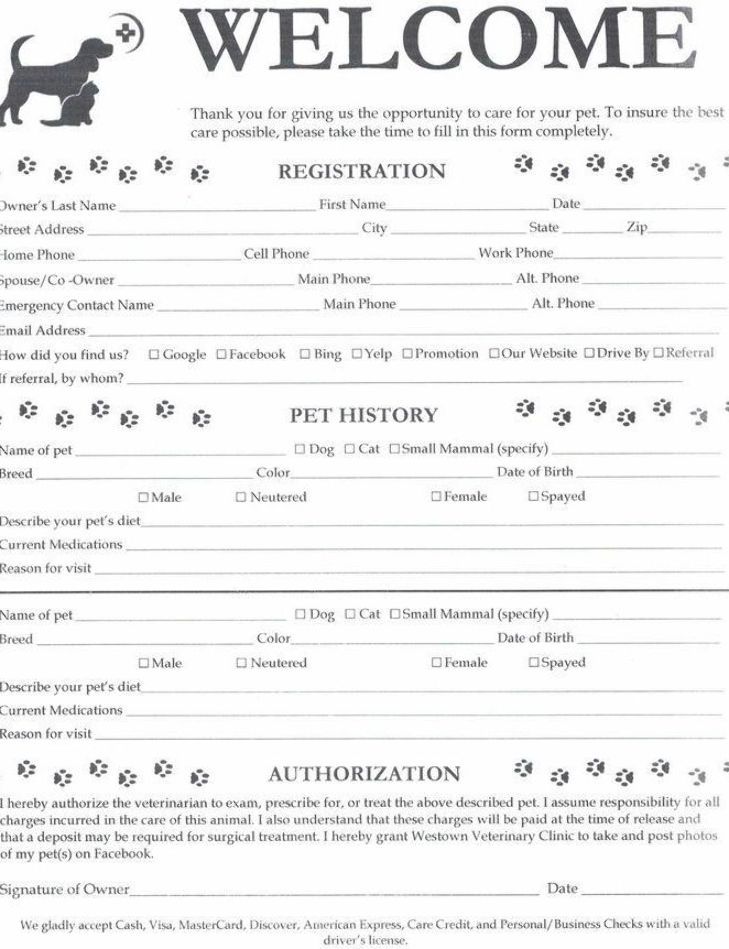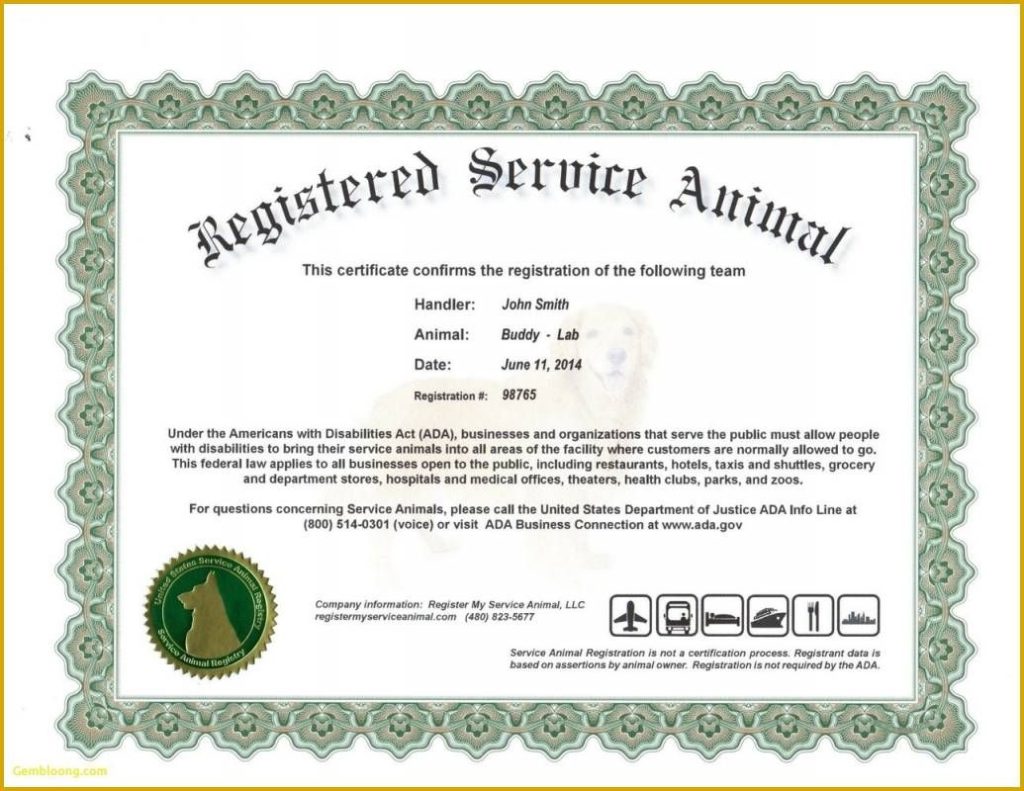Do Service Dogs Need Paperwork?

Service dogs are more than just pets; they are trained to perform specific tasks that assist individuals with disabilities. For many people, understanding the legal and procedural aspects of having a service dog can be confusing. One question that frequently arises is, "Do service dogs need paperwork?" This post aims to clarify this topic, exploring the legal requirements, types of paperwork, and practical advice for service dog handlers.
Legal Framework for Service Dogs

Service dogs are protected under various federal and state laws in many countries, notably:
- The Americans with Disabilities Act (ADA) in the United States.
- The Equality Act 2010 in the United Kingdom.
- Similar disability rights legislation in Canada, Australia, and the European Union.
Key Points Under These Laws:

- Service animals are defined as animals specifically trained to assist people with disabilities.
- These laws generally do not require certification or specific paperwork for a dog to be recognized as a service animal.
- Places of public accommodation must allow service animals, and can only ask two specific questions regarding the need and tasks of the animal.

Types of Service Dog Paperwork

While not legally required in most cases, there are several types of documentation you might encounter:
1. Registration and Certification

- Voluntary Registration: Some handlers choose to register their service dogs, which provides ID tags or certificates. These can offer convenience or peace of mind but hold no legal weight.
- Professional Training Certificates: Issued by trainers to indicate that a service dog has completed a training program.
2. Health Records

A service dog, like any pet, should have:
- Vaccination records.
- Veterinary health check-ups.
3. Public Access Test (PAT)

- This isn’t legally required but can be useful for demonstrating that your dog is well-behaved and can perform necessary tasks in public spaces.
4. Other Documentation

- Service dog vests or ID cards with the handler’s information can act as informal identification.
📌 Note: It's wise to carry these documents when traveling, as they can help clarify your dog's status, especially in places where service dogs are not well understood.
Navigating Public Access with Service Dogs

While paperwork isn't mandatory for public access:
- Being able to answer questions about your disability and your dog's tasks is crucial.
- Keeping health and training documentation handy can resolve conflicts or misunderstandings smoothly.
Key Points:

- Businesses can ask if the service dog is required because of a disability and what work or task the dog has been trained to perform.
- They cannot ask for proof of disability or the service dog's certification.
- Service dogs should be well-behaved in public to avoid being denied access.
International Travel with Service Dogs

Traveling internationally with a service dog requires more paperwork:
Documents Needed:

- Health certificate for travel, usually valid for 10 days from issue.
- Rabies vaccination certification.
- Possibly a notarized letter or additional paperwork from your doctor or trainer, depending on the country’s regulations.
📌 Note: Research specific airline and country requirements well in advance; they can vary widely.
Practical Advice for Service Dog Handlers

Here are some practical tips for managing paperwork:
- Organize: Keep all your dog's documents in a safe and accessible place.
- Digitize: Scan or take photos of important documents; digital copies are helpful in emergencies.
- Communicate: Inform establishments in advance if possible, particularly when traveling.
Concluding Thoughts

In conclusion, while service dogs do not require official paperwork to qualify as such under many laws, having well-organized documentation can make daily life easier. It provides a sense of security for handlers and can help resolve issues with public access or international travel. Understanding the laws, maintaining health records, and having evidence of training or certification are all steps toward a smoother experience with your service dog. Remember, the true value of a service dog lies not in the paperwork, but in the assistance they provide in daily life.
What should I do if a business refuses my service dog?

+
If a business refuses entry to your service dog, calmly explain that service dogs are allowed under the law. If the issue persists, request to speak with a manager, or contact relevant authorities or organizations for support.
Is registration mandatory for my service dog?

+
Registration is not mandatory for service dogs under most disability rights laws. However, voluntary registration can provide peace of mind or help with identification in practical situations.
Can service dogs go everywhere in public?

+
Service dogs are generally allowed in places where the public is allowed. Exceptions might include sterile hospital environments or specific religious institutions. However, if a service dog is denied entry, the establishment should offer reasonable accommodations.